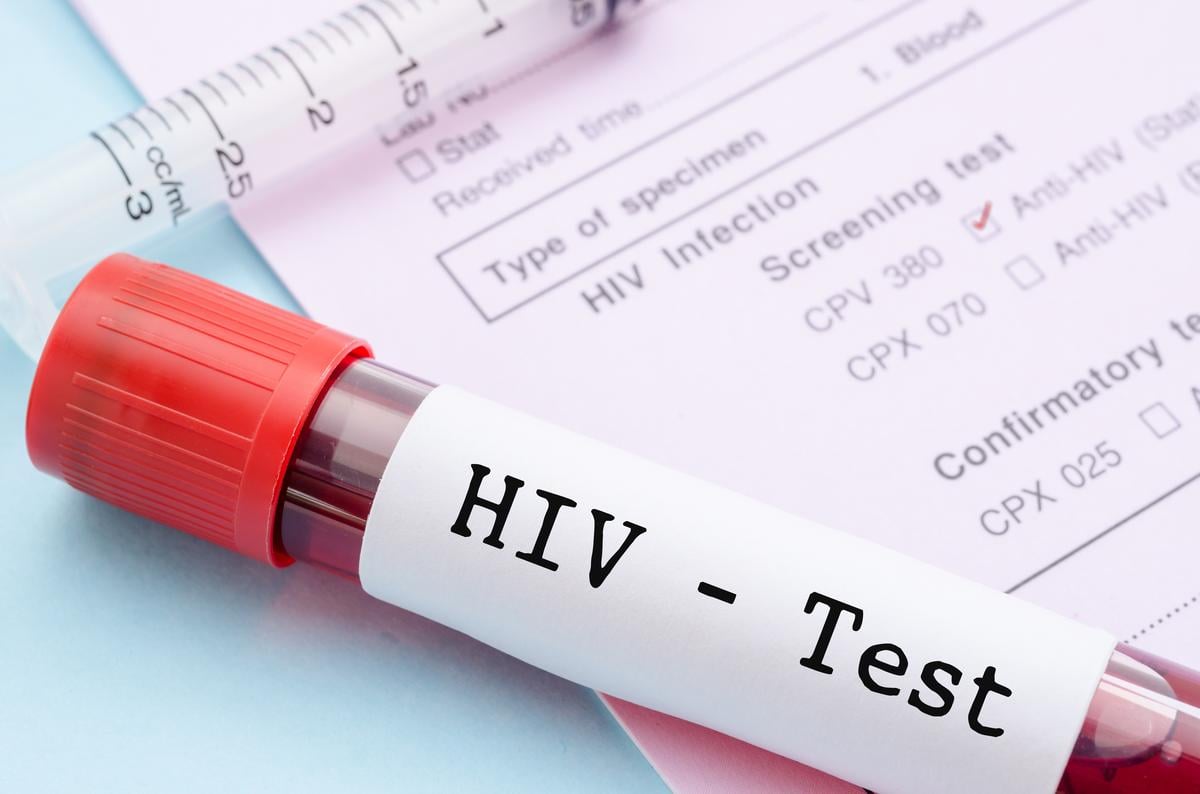
American seniors still pay more for health care than their counterparts in most other wealthy countries do, despite coverage by Medicare, a new study finds. They are also more likely to postpone or skip needed care because of cost concerns. “In the U.S., nearly all older adults are covered by Medicare and can access, at… read on > read on >






























